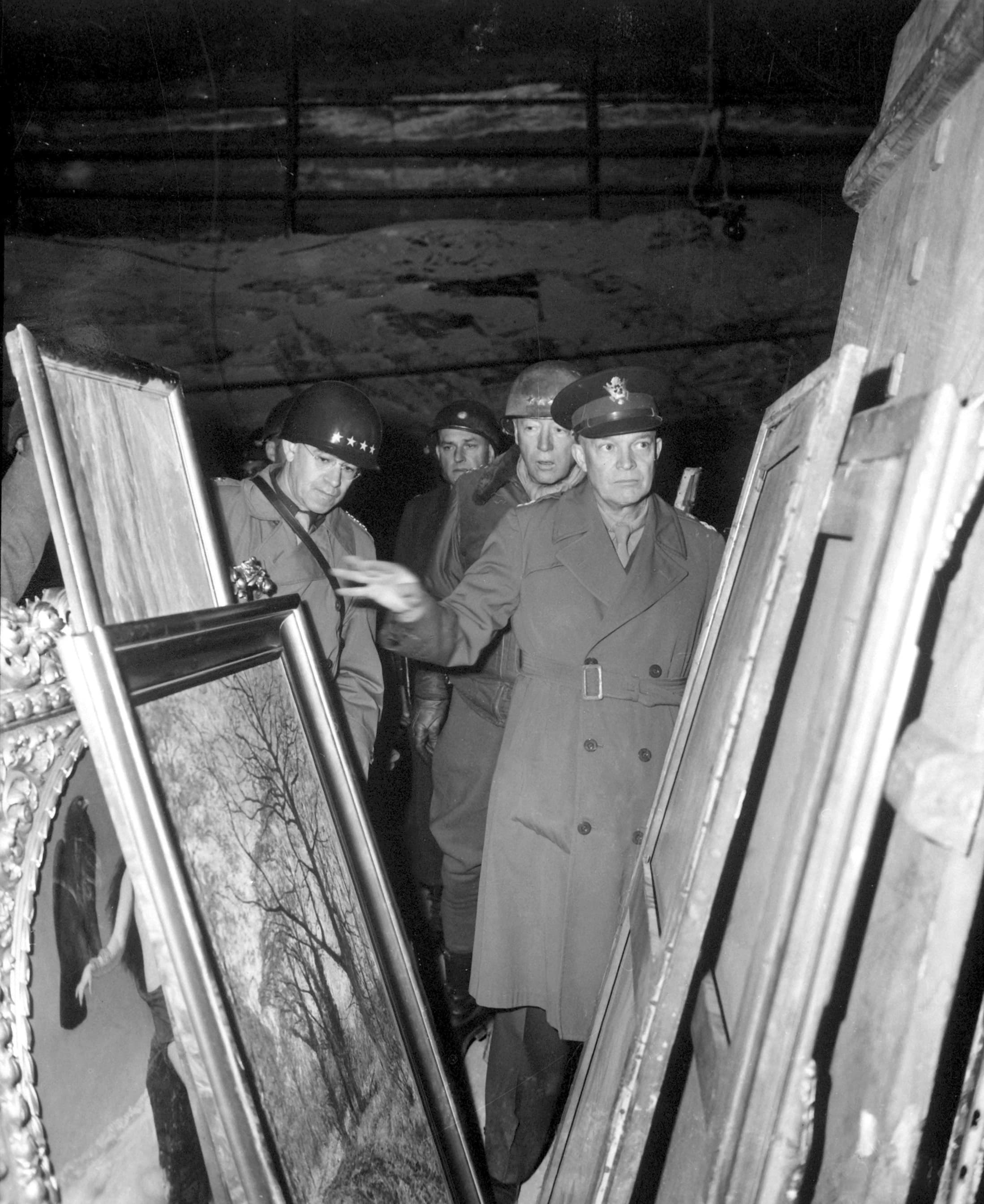French Railway SNCF Lobbies Against Holocaust Art Restitution Bill, Citing 2014 Deportation Deal

Washington, D.C. – The French national railway company, SNCF, is actively lobbying in Washington against a proposed U.S. bill aimed at facilitating the reclamation of Nazi-looted art by Holocaust survivors and their heirs. The company argues that allowing survivors to reclaim stolen art might violate a 2014 U.S.-France agreement, a claim that has drawn sharp criticism from survivor advocates and legal experts.
According to a tweet from Tablet Magazine, SNCF, which was responsible for deporting 76,000 Jews to their deaths during World War II, has "quietly resurfaced in Washington, lobbying against a Holocaust restitution bill." This lobbying effort targets bipartisan legislation introduced in May 2025 by Senators John Cornyn (R-TX) and Richard Blumenthal (D-CT). The bill seeks to eliminate a sunset clause in the 2016 Holocaust Expropriated Art Recovery (HEAR) Act, which is set to expire on December 31, 2026.
The 2014 U.S.-France agreement, referenced by SNCF, established a $60 million compensation fund from the French government for Holocaust victims deported by SNCF trains. This deal also included a U.S. pledge to oppose lawsuits against SNCF in American courts related to deportation claims. SNCF's lobbying team reportedly sent an email to a congressional office in August, asserting that the new HEAR Act bill could "have the unintended effect of permitting lawsuits to proceed against SNCF in U.S. courts."
However, critics argue that SNCF's interpretation misrepresents the 2014 agreement. Legal analyses indicate that the 2014 deal was narrowly tailored to cover only deportation claims and did not pertain to stolen art or property restitution. The HEAR Act, conversely, specifically addresses cases involving artwork and cultural property confiscated during the Holocaust, operating in a distinct legal domain.
Sam Dubbin, counsel to the Holocaust Survivors Foundation USA, condemned SNCF's stance, stating, "The same organization that sent 70,000 Jews to their deaths in Auschwitz now wants Congress to declare Holocaust survivors to be considered second-class citizens in the American legal system." The new legislation aims to prevent museums and institutions from using time-based defenses to retain looted art, ensuring claims are decided on their merits. Observers question SNCF's involvement, with rumors circulating among congressional staffers that the railway may possess or have knowledge of Nazi-looted art.